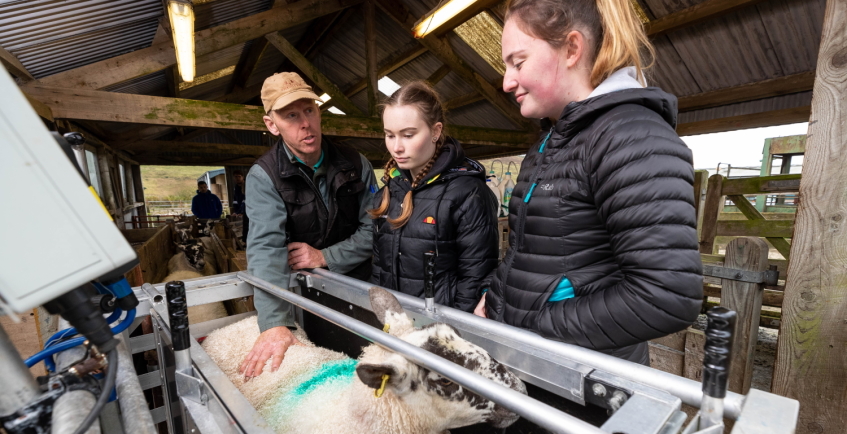
Scientific research into land and how it is used has never been more important. The OECD describes rural areas as ‘vital to the prosperity and well-being of all people’, constituting 80% of the territories of its 37 member states, and home to 30% of their population. Rural areas provide almost all the raw materials of food, fresh water, energy, timber, and minerals for society, and major resources that contribute to the environmental and cultural heritage of their communities. Land underpins Sustainable Development Goals (SDGs) surrounding: life on land; climate action; clean and affordable energy; zero hunger; and good health and wellbeing. How land is accessed and used also offers important opportunities and historic barriers to SDGs relating to gender equalities; poverty; decent work and economic growth; industry, innovation and infrastructure; life below water; quality education; and peace, justice and strong institutions. The departure of the UK from the EU represents a transition period in which considerable changes are anticipated to how land is used, particularly through new trade agreements and agricultural subsidy structures. The post-COVID Green Recovery will similarly be reliant on the effective use of Scotland’s land base. The crisis in Ukraine is demonstrating the fragility of our food and energy security, increasing the pressure on land and demonstrating the need to actively support Just Transitions.
